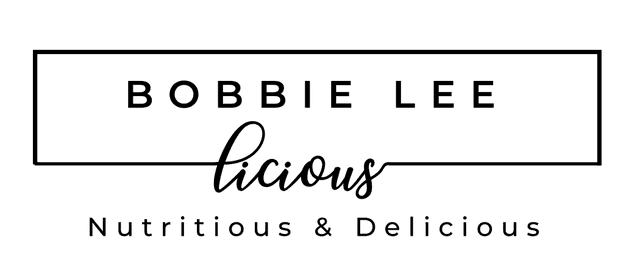The Importance of Eating In-Season: Benefits for Your Health and the Planet

Eating in-season fruits and vegetables isn't just a trendy idea; it's a practice rooted in nutritional, environmental, and economic benefits. Incorporating in-season produce into your diet can be a game-changer for your health, taste buds and even the planet.
Follow along as we explore reasons to eat in-season produce throughout the year:
1. Nutritional Benefits
Peak Nutritional Value When fruits and vegetables are harvested at their peak ripeness, they contain the highest levels of vitamins, minerals, and antioxidants. In-season produce is often fresher and hasn't traveled long distances, ensuring you get the most nutrients. Choose fresh in-season produce from local farms is you best option. Consider yourself lucky if it comes from your own garden.
Enhanced Flavor In-season produce not only looks vibrant but also tastes better. The natural ripening process, aided by the environment, leads to richer flavors and textures. Think of the juiciness of a summer tomato or the sweetness of a fall apple vs a fall apple that has been picked months prior to consuming it in the summer. That is right, it has been noted that many apples often sit at least 9 to 12 months, and one investigation showed that, on average, apples are 14 months old (I KNOW!!). For best quality, I highly recommend consuming produce in the season it was grown!
2. Environmental Impact
Reduced Carbon Footprint Eating in-season often means eating locally. Locally grown produce doesn't have to travel thousands of miles to reach your plate, significantly reducing greenhouse gas emissions associated with transportation.
Sustainable Farming Practices Local farmers are more likely to use sustainable practices, as they are deeply connected to their land and community. By purchasing in-season produce, you support these practices and contribute to a more sustainable food system.
3. Economic Benefits
Lower Costs Since 2020, food inflation has been increasing at an average of 3.9% each year and a steep increase of approx 9.9% in 2022 (YIKES!). In-season produce is usually more abundant, which lowers the cost for consumers. When fruits and vegetables are in surplus, prices drop, making it more affordable to eat healthily and more nutritious.
Supporting Local Economy Buying in-season produce from local farmers helps sustain the local economy. It keeps money within your community, supporting small farmers and local businesses.
4. Variety and Creativity
Exploring New Flavors I personally love cooking and creating new recipes. Whether it is from our local farmers market or from whatever is available in our garden. Eating in-season encourages you to try new foods and create new dishes. Each season offers a unique selection of fruits and vegetables, allowing you to expand your palate and culinary skills.
Connecting with the Seasons By eating seasonally, you become more attuned to the natural rhythms of the earth. It fosters a deeper connection with the environment and an appreciation for nature’s cycles.
5. Health Benefits
Reduced Pesticides In-season produce often requires fewer pesticides. When fruits and vegetables are grown in their natural season, they are more resistant to pests, reducing the need for chemical interventions.
Better Digestion Our bodies tend to digest and process seasonal foods better. For instance, cooling foods like cucumbers and watermelon are perfect for summer, while warming foods like squash and sweet potatoes are ideal for winter. Seasonal fruits and vegetables are often higher in nutrients and antioxidants when they are picked at their peak ripeness and consumed shortly after. These nutrients, including fiber, vitamins, and minerals, can promote healthy digestion and immune function.
Incorporating in-season produce into your diet is a simple yet powerful way to enhance your nutrition, support the environment, and enjoy more flavorful meals. It's a practice that benefits not only your health but also the planet and your local economy. Next time you plan your meals, consider what’s in season and relish the freshness, taste, and benefits that come with it.
Start your own garden or visit your local farmers market. Connect with the farmers that are growing your food and get to know their stories and ask questions, you'll learn so much and gain a greater appreciation for the food we put on our plates. Embrace the seasons and let your diet reflect the natural bounty of each time of year.
XO,
Bobbielee
#Eating in season
#Healthy Eating
#Seasonal produce benefits
#Seasonal fruits and vegetables
#Immune support
#Healthy digestion
#Farm to Table
#Gardening
#Support Local Farmers
More From Bobbieleelicious
What your leggings aren’t telling you and what to wear instead We all love a good pair of leggings. They’re stretchy, flattering, and make us feel like w...
As a Lifestyle Medicine nurse, I’m here to remind you that every time you fill your grocery cart, you’re not just buying food, you’re investing in your fu...
Hey there, lovely friends! When you hear “Mediterranean diet,” you probably picture sunlit tables in Greece, olive trees swaying in the breeze, a little ...



